
Climate tech alum and biocatalysis scientist.
Fusel alcohols are part of the growing sources of biofuels in the future economy and can be derived from wastes generated during corn ethanol production. These larger and branched chain alcohols are an important precursor to creating biofuels that can be blended into Biodiesel and gasoline as well as unlocking Sustainable Aviation Fuel. By switching to lower carbon intense fuels made locally in the United States we can bring economic growth to communities and reduce the impact of particulate causing pollution from using entirely petroleum-based fuels.
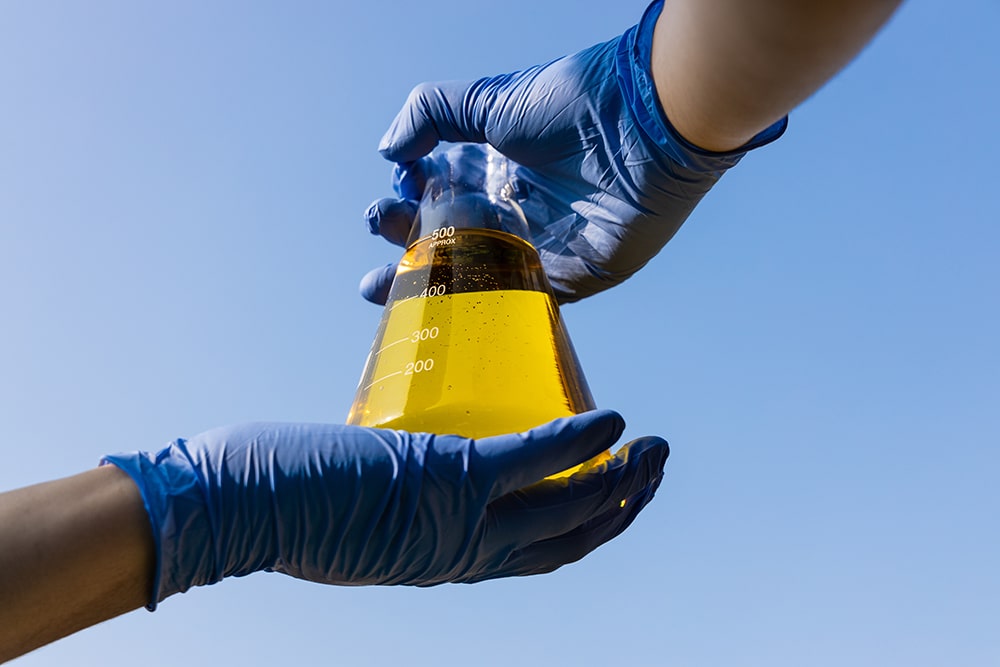
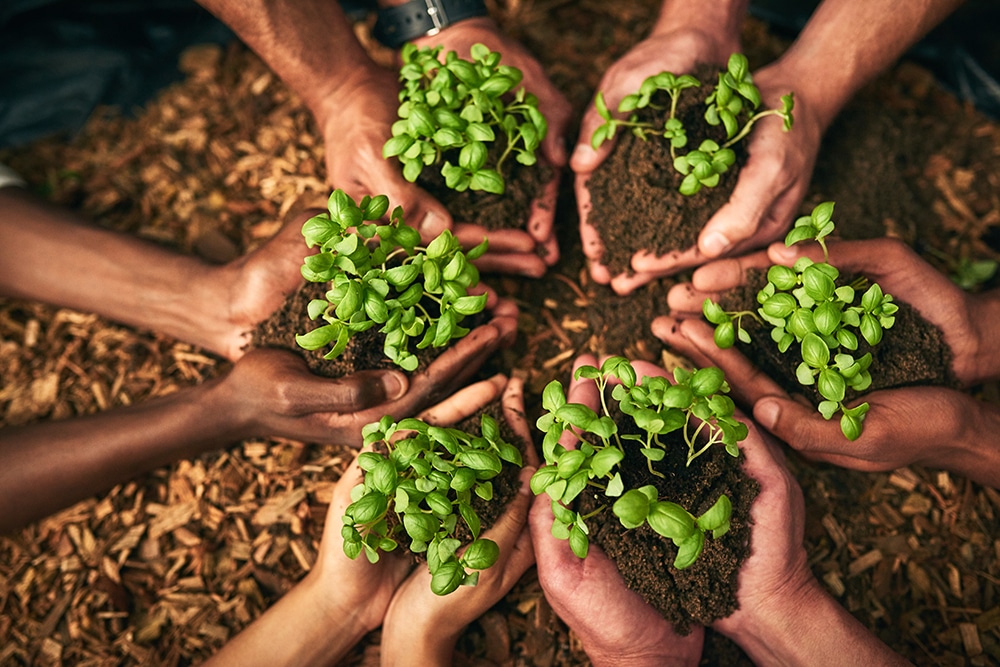
At Eco-Alchemy, our mission is to drive a sustainable energy future by transforming high-protein waste into clean, renewable fuels. Leveraging cutting-edge microbial technology, we aim to redefine the biofuels landscape with a solution that reduces carbon intensity, minimizes environmental impact, and promotes circular resource use. By harnessing the power of microbes to convert substrates such as distiller’s grains into biofuels, we not only offer a sustainable alternative to fossil fuels but also contribute to reducing emissions and supporting healthier ecosystems. We believe that the path to a greener planet lies in scalable, science-driven solutions that create value for our communities and the environment.
Our commitment goes beyond producing lower-carbon fuels—we strive to create a positive social impact by empowering our partners and communities to switch to sustainable energy choices. We work closely with customers to help them transition smoothly to cleaner energy, creating value for businesses, people, and the planet. Through innovation, collaboration, and dedication to environmental stewardship, Eco-Alchemy is committed to building a future where sustainable energy is accessible, waste is transformed into value, and communities are resilient and thriving.
Eco-Alchemy unlocks sustainability by providing biofuels derived from wastes, bringing reduced carbon intensity energy sources to communities.
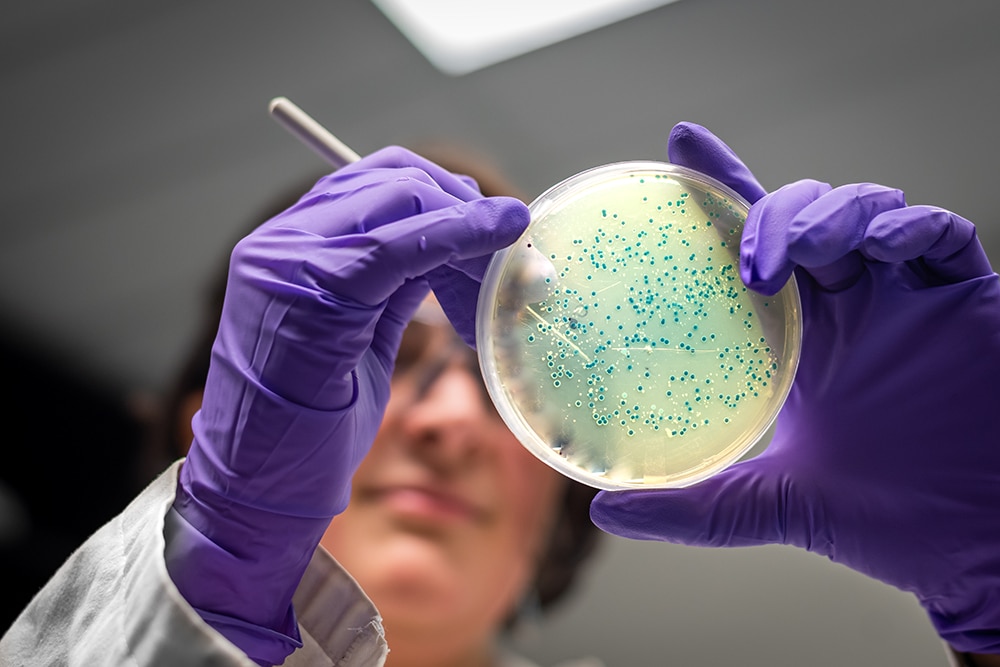
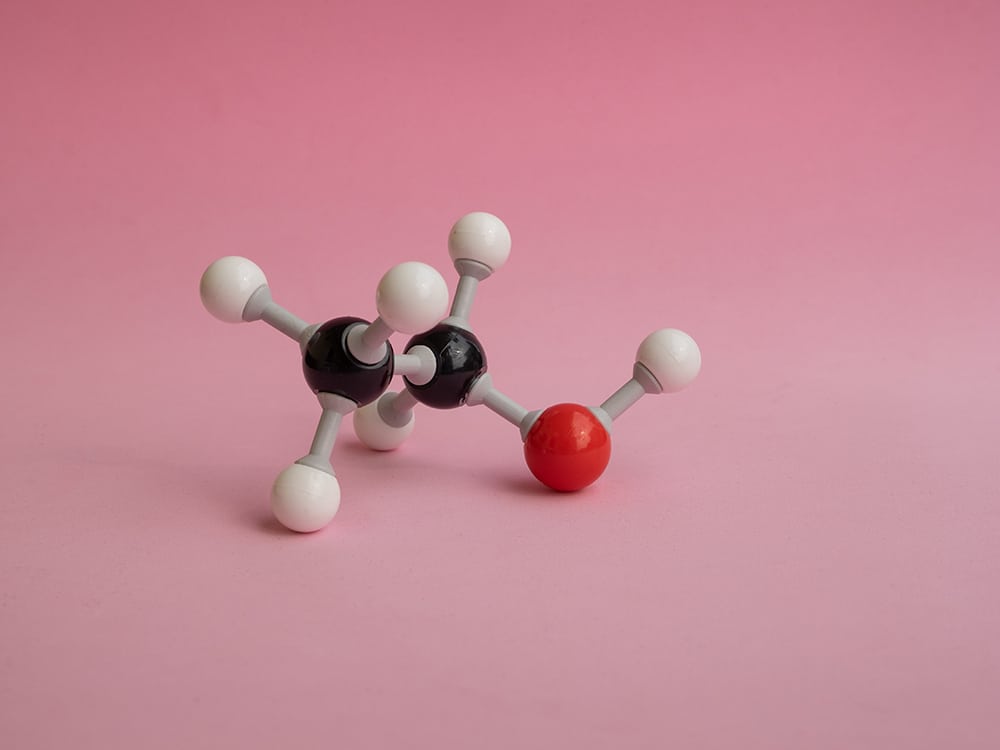
Residual biomass from distiller’s and brewer’s grains contains unused proteins which are typically relegated as animal feed or landfill waste. These proteins can instead be converted into mixed fusel alcohols with an engineered microbial consortium with our BioFusion Converter technology. These alcohols can be used as is like those derived from carbon-intensive sources and unlock reduced carbon biofuels. By conversion into SAF or as biodiesel and gasoline blend-ins, we can contribute to reducing emissions generated by local and interstate travel.
Fusel Alcohols produced in our process can unlock sustainable sources of isopentanol, isobutanol, and phenyl ethanol. These molecules are growing parts of the industrial alcohol market as solvents, personal care sectors and commodity chemicals. At scale, production of these alcohols will be part of the demand for Sustainable Aviation Fuels in the US and Europe.

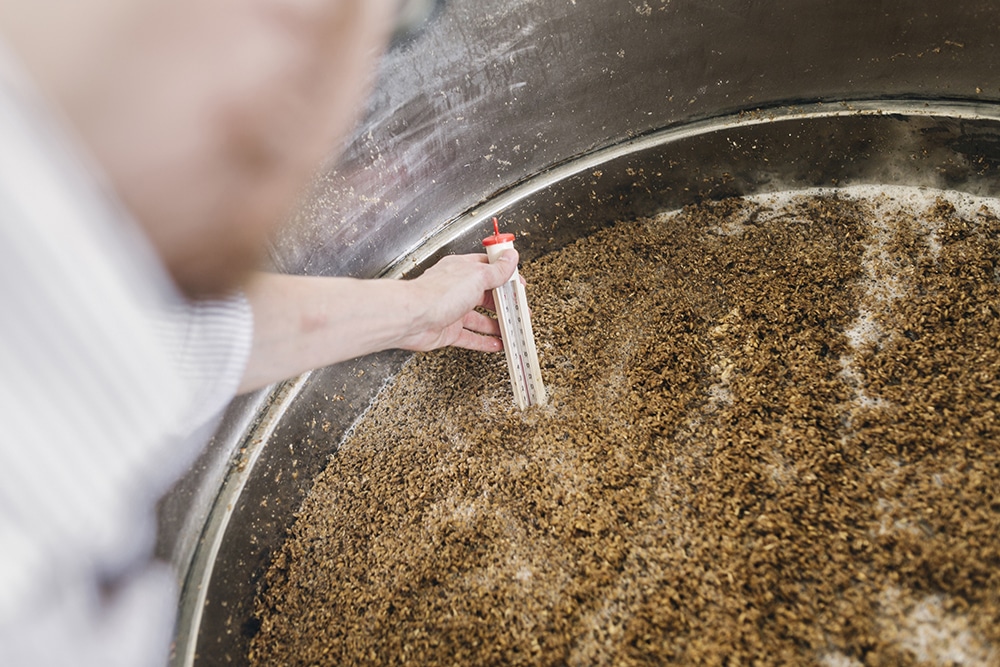
Fusel alcohol lactate esters are a high-energy drop-in replacement or blend-in alongside E85 gasoline fuel or with biodiesel. These molecules are extracted from an existing waste of the corn ethanol industry – further reducing carbon intensity and creating value for grain producers.

Climate tech alum and biocatalysis scientist.

A workforce innovator and educator empowering strategic change and development.

Deep background in process chemistry, separations & product development.